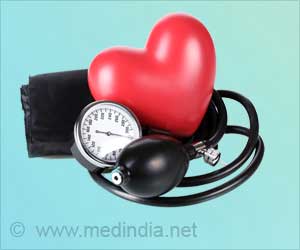“Even before the COVID-19 pandemic, we knew that international travel was contributing to the rapid global increase and spread of antimicrobial resistance,” said Alaric D’Souza, an MD/PhD student at Washington University and a co-first author of the study to be published June 6 in Genome Medicine. “But what’s new here is that we’ve found numerous completely novel genes associated with antimicrobial resistance that suggest a worrisome problem on the horizon.”
‘A total of 56 antimicrobial-resistant bacteria were found in the guts of travellers after their international trip.’
The team observed 2000 Dutch travellers who travelled to one of four international regions where the prevalence of resistance genes is high: South-eastern Asia, South Asia, North Africa, and Eastern Africa in a study called Carriage Of Multi-resistant Bacteria After Travel (COMBAT) . Faecal samples of the travellers were analysed both before and after travel.
The new study team included John Penders, a medical microbiologist at Maastricht University, and Gautam Dantas, Ph.D., a professor of pathology & immunology at Washington University; Manish Boolchandani, Ph.D., a member of the Dantas Lab during the research, and a 2020 graduate of the university’s doctoral program in Computational and Systems Biology. It was conducted at Maastricht University in the Netherlands.
Metagenomic analyses were performed on the samples of 190 random participants . The team detected 121 antimicrobial resistance genes , out of which 56became part of the travellers’ gut during their international journey. The group included some high-risk resistance genes such as extended-spectrum β-lactamases (ESBL) and the plasmid-borne colistin resistance gene, mcr-1 .
It is essential to know that the mcr-1 genes protect bacteria from an antibiotic called colistin. If these genes get transmitted to other bacteria that are already resistant to most antibiotics, there could be an emergence of untreatable severe bacterial infections.
Dantas added: “Identifying new antimicrobial-resistant bacteria and genes could play an important role in slowing the global spread of resistance and guide potential treatments for related diseases. Our study lays the groundwork for those efforts by offering new insight into the genetic mechanisms that underlie the rapid acquisition and sharing of antimicrobial resistance genes across people’s gut microbiomes during international travel.”
Many factors, including poor sanitation, made low-income countries a hub for microbial diseases . This study throws light on the significance of precautionary measures to be taken by international travellers to cut down the transfer of novel deadly bacteria when they reach back to their country.
Source: Medindia



